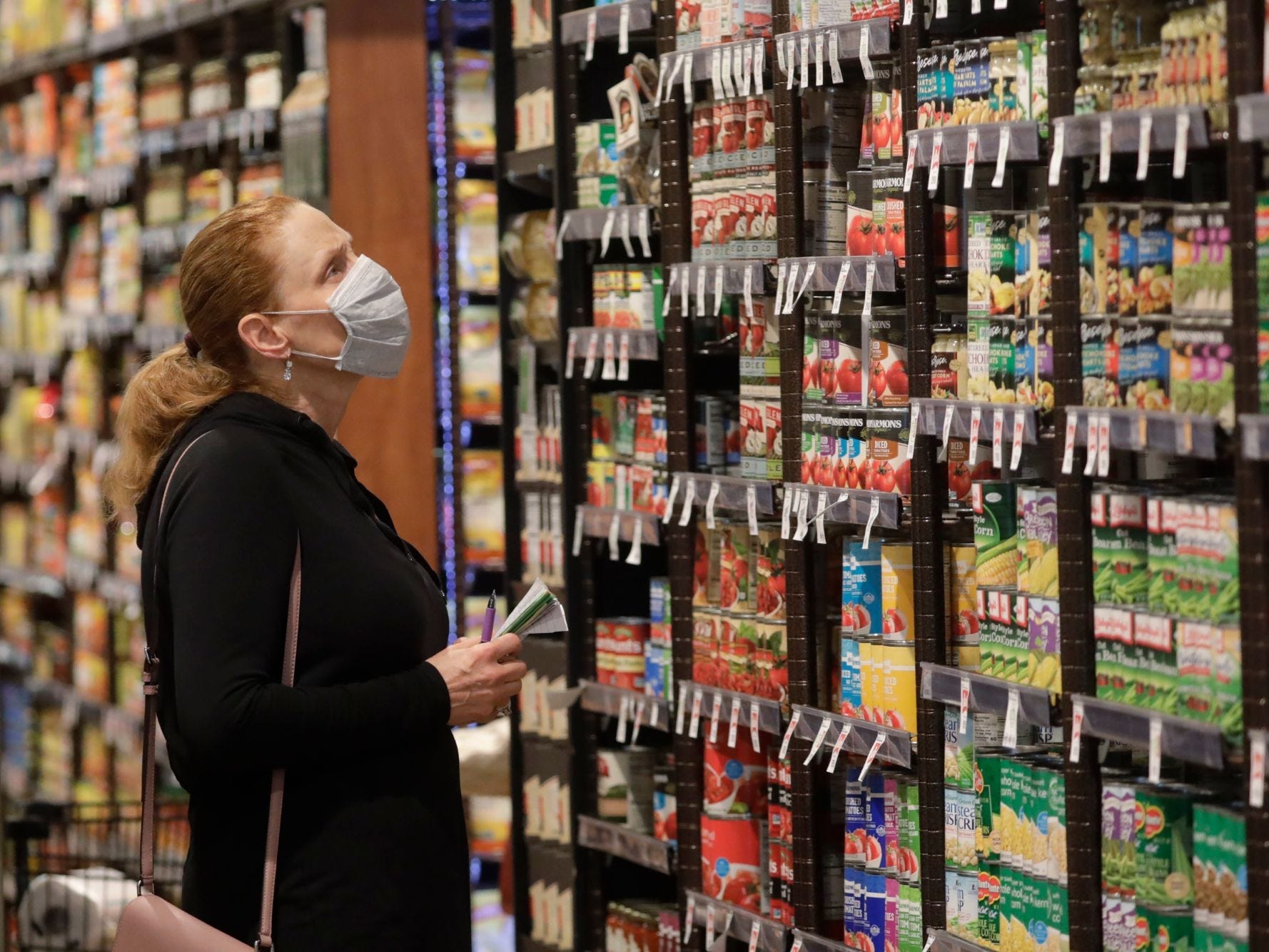
Rick Bowmer/AP
- The National Retail Federation reported slowed sales growth in August for brands after federal relief and unemployment benefits under the CARES Act expired in July.
- The NRF found retail sales — which excludes automobile dealers, gas stations, and restaurants — increased just 0.1% month-over-month in August, down from 0.6% in July.
- Talks toward a new stimulus package that could reinstate enhanced unemployment benefits and release a second round of stimulus checks to Americans currently remains stalled in Congress.
- “We continue to advocate for additional stimulus measures to help the economy recover,” NRF President and CEO Matthew Shay said in a statement
- Visit Business Insider’s homepage for more stories.
Though several retailers experienced a boom in recent months thanks to stimulus check spending and enhanced unemployment benefits, retail sales have started to taper off in August after increased federal relief expired at the end of July.
According to a report from the National Retail Federation, August retail sales — which excludes automobile dealers, gas stations, and restaurants — increased 0.1% from July and 5.6% over the same period last year. While figures still represent gradual increases, the numbers are down from July, when the NRF reported 0.6% month-over-month and 9.6% year-over-year growth.
“Over the past several months, consumers have responded well to federal relief measures that have supported the recovery, so it comes as no surprise that they would take a pause on spending as some of these programs tapered off at the end of July,” NRF President and CEO Matthew Shay said in a statement. “We continue to advocate for additional stimulus measures to help the economy recover.”
Across categories, NRF reported the highest growth in clothing and home furnishings — with respective sales up 2.9% and 2.1% from July — while also seeing declines in spending on grocery and sporting goods.
Jack Kleinhenz, NRF’s chief economist, described the month as “topsy turvy” as a result of uncertainty plaguing major seasonal spending events, like back-to-school.
"Some consumers likely reduced their spending with the end of the $600 supplemental unemployment benefits for those out of work, but a building-up of savings from that and other government cash helped support spending," Kleinhenz said in a statement.
Government efforts toward a new stimulus package remain stalled in Congress, where Democrats and Republicans are locked in a stalemate regarding details of the next round of coronavirus relief. While lawmakers were initially expected to come to an agreement in early August — shortly after the $600 a week unemployment benefits as part of the CARES Act expired — negotiations continue to drag on.
Though the House and Senate are scheduled to recess in advance of the November presidential election — on October 2 and October 9, respectively — House Speaker Nancy Pelosi said on CNBC last week that Congress will remain in session until a deal is reached.
The continued stimulus delay leaves retail companies — many of which are already anxious about the impact of the pandemic on holiday sales — uncertain about what to expect leading into the coming months. Still, Shay said that despite stagnating growth, he anticipates sales to rebound in time for the holiday shopping season.
"While August retail sales numbers were a bit mixed, we believe the consumer is resilient and is in good shape as we head into the holiday season," Shay said in a statement. "With the holidays quickly approaching, our retailers are prepared to serve customers to meet all of their holiday needs and are embracing the new holiday tradition of shopping early."

